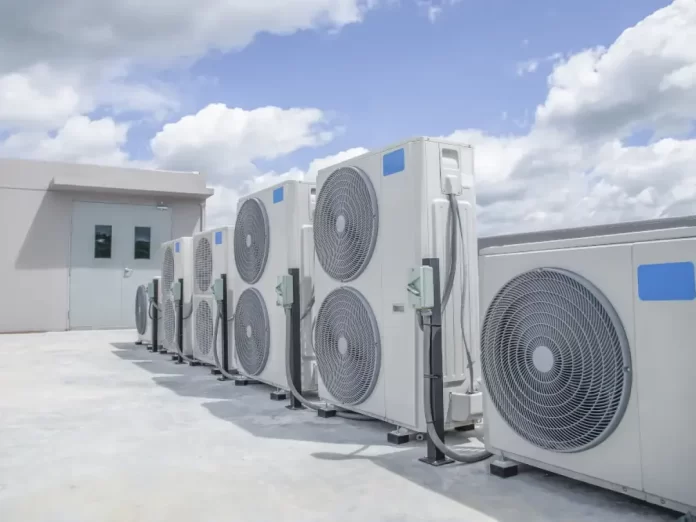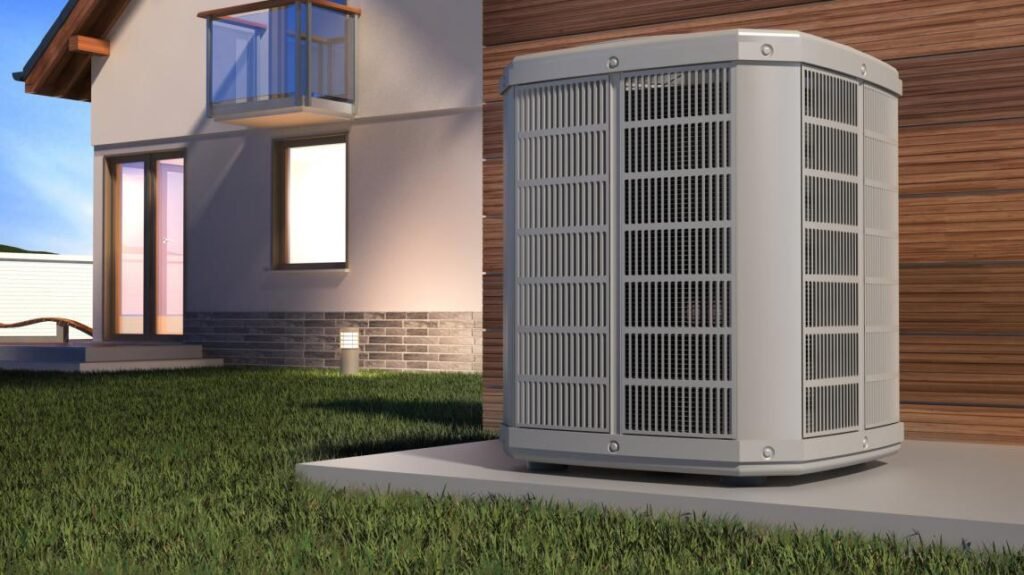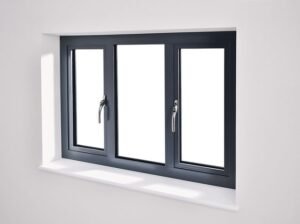When it comes to luxury villas, particularly in regions like Dubai, choosing the right Heating, Ventilation, and Air Conditioning (HVAC) system is crucial for maintaining comfort and energy efficiency. Villas in different climates have unique needs, and the HVAC system must be tailored to meet these requirements. Whether you’re dealing with the intense heat of a desert climate or the varying temperatures of a coastal area, the right HVAC system can make a significant difference in comfort and cost-effectiveness.
This article will guide you through choosing the best HVAC system for different villa climates, helping you make an informed decision that suits your specific environmental conditions.

1. Hot Desert Climates
In hot desert climates, like those found in Dubai, the primary concern is cooling. High temperatures and dry air require an HVAC system that can provide efficient cooling while managing humidity levels. Here are some options:
- Central Air Conditioning with Zoning: Central AC systems are ideal for large villas. With zoning capabilities, you can control the temperature in different areas of the villa, ensuring that unoccupied spaces don’t waste energy.
- Variable Refrigerant Flow (VRF) Systems: VRF systems are energy-efficient and offer precise temperature control. They can cool and dehumidify spaces quickly, making them perfect for hot, dry climates.
- Evaporative Coolers: Also known as swamp coolers, these are effective in dry climates. They use water to cool the air, which can also add some humidity, making the indoor environment more comfortable.
2. Coastal Climates
Coastal climates often have higher humidity levels, which can make the air feel warmer than it is. The challenge here is to control both temperature and humidity to prevent mold growth and maintain comfort.
- Heat Pumps: Heat pumps are versatile and can both heat and cool your villa. They are particularly effective in moderate climates, where they can dehumidify the air while cooling.
- Dehumidifying Air Conditioners: These systems are designed to reduce humidity while cooling the air, making them ideal for coastal areas. Some advanced systems also come with built-in air purifiers to enhance indoor air quality.
- Ductless Mini-Split Systems: These are great for villas with multiple rooms, offering independent temperature control in each room. They are also efficient in handling humidity.
3. Cold Mountain Climates

For villas located in colder, mountainous regions, heating becomes the priority. However, it’s also important to maintain indoor air quality, especially in well-insulated homes.
- Radiant Floor Heating: This system provides consistent warmth by heating the floors, which then radiates heat throughout the room. It’s energy-efficient and adds a luxurious feel to the villa.
- Geothermal Heat Pumps: These systems use the earth’s stable temperature to heat (and cool) your villa. They are highly efficient and environmentally friendly, making them a great long-term investment.
- Hybrid HVAC Systems: These systems combine a heat pump with a furnace, providing flexibility and efficiency. The heat pump is used for milder temperatures, while the furnace kicks in during extreme cold.
4. Tropical Climates
In tropical regions, where both heat and humidity are high, the HVAC system must work hard to maintain comfort.
- High-Efficiency Air Conditioners: These systems are designed to handle high heat and humidity, providing powerful cooling and dehumidification.
- Inverter Air Conditioners: Inverter technology allows the HVAC system to adjust its power output according to the temperature needs, ensuring efficient cooling and lower energy consumption.
- Whole-House Dehumidifiers: These can be integrated with your HVAC system to provide additional humidity control, preventing mold and improving indoor air quality.
Conclusion
Choosing the right HVAC system for your villa depends on the specific climate conditions you’re dealing with. Whether it’s the scorching heat of a desert, the humidity of a coastal region, the chill of a mountain area, or the intense conditions of a tropical environment, there are HVAC systems designed to meet these challenges.
Investing in the right system not only enhances your comfort but also contributes to energy efficiency and long-term cost savings. For expert advice and installation services, contact Austenite Technical Services at +971 56 378 7002, and ensure your villa is equipped with the best HVAC solution for your climate.
FAQs:
- What is the best HVAC system for a desert climate? Central air conditioning with zoning or VRF systems are ideal for hot desert climates, offering efficient cooling and humidity control.
- How do I manage humidity in a coastal villa? Heat pumps or dehumidifying air conditioners are great for managing humidity while cooling in coastal climates.
- What heating options are suitable for cold mountain climates? Radiant floor heating and geothermal heat pumps are excellent for cold climates, providing consistent warmth and energy efficiency.
- Can an HVAC system help with humidity in tropical climates? Yes, high-efficiency air conditioners and whole-house dehumidifiers are designed to handle both heat and humidity in tropical areas.
- What is the benefit of a VRF system in a villa? VRF systems offer precise temperature control, energy efficiency, and the ability to cool and dehumidify quickly, making them ideal for luxury villas.
- Are ductless mini-split systems good for coastal villas? Yes, they offer independent temperature control in each room and are effective in managing humidity, making them suitable for coastal climates.
- Why should I consider a geothermal heat pump? Geothermal heat pumps are environmentally friendly, highly efficient, and provide consistent heating and cooling, making them a great long-term investment.
- What is inverter technology in air conditioners? Inverter technology allows the HVAC system to adjust its power output based on temperature needs, ensuring efficient cooling and reduced energy consumption.








